
NanoDevices Trap Dangerous Alzheimer’s Plaque
Nanodevices are the newest weapon in medicine’s growing arsenal to fight Alzheimer’s. They capture dangerous peptides before they can assemble to form Alzheimer’s plaques in the brain.

Nanodevices are the newest weapon in medicine’s growing arsenal to fight Alzheimer’s. They capture dangerous peptides before they can assemble to form Alzheimer’s plaques in the brain.
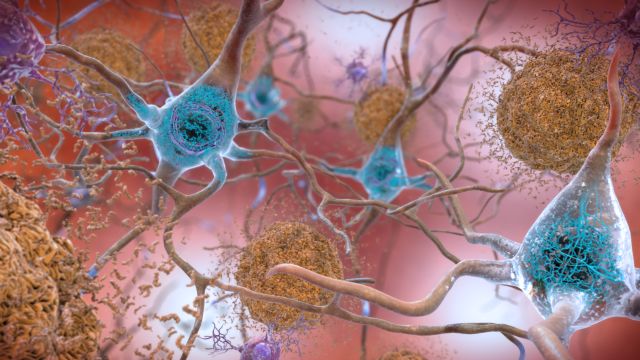
Research shows that lecanemab is the first drug ever to slow cognitive decline in Alzheimer’s. Learn more.

A certain protein in the blood can be used to predict the eventual appearance of Alzheimer’s. Will this allow for early intervention?

Eli Lilly Company’s TRAILBLAZER-ALZ 2 Phase 3 study shows that donanemab significantly slowed cognitive and functional decline in people with early symptomatic Alzheimer’s disease. Learn more.
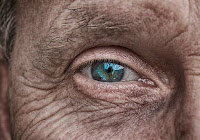
A new form of Omega-3 has successfully increased DHA in the retina and reduced eye problems associated with Alzheimer’s-like processes.
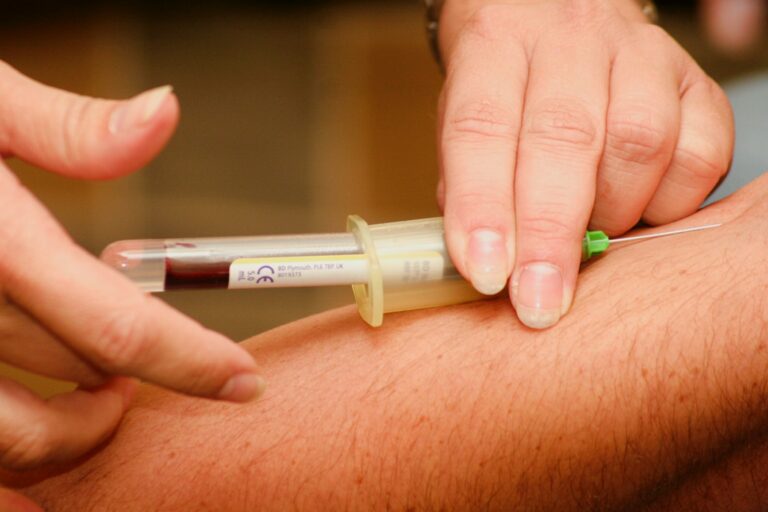
The AlzoSure® Blood Test can catch Alzheimer’s two years before symptoms appear. Its development could not be more timely. With FDA approval of lecanemab for Alzheimer’s, this accurate and economical screening tool will dramatically assist patients most likely to benefit from early treatment.
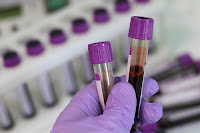
BREAKTHROUGH: Researchers have developed a blood test that can predict the risk of future cognitive decline and Alzheimer’s. The test checks levels of a fragment

DIAGNOSIS: A highly sensitive blood test has reached the market that can identify whether it is likely a patient has amyloid plaques in the brain,
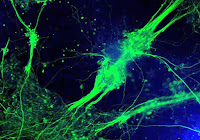
PROGRESS: ApoE4 is the best known “Alzheimer’s Gene”. Gladstone Institute scientists successfully changed the gene’s structure. This eliminated certain signs of Alzheimer’s, restored normal cell

NEUROSCIENTISTS have discovered they can estimate when Alzheimer’s is most likely to strike a person, based on his or her sleep pattern. The best defense:

Lewy Body dementia is the 2nd most common form of dementia. See
experts at America’s top medical center, The Mayo Clinic, improving the lives of people who struggle with it.

We make a living by what we get,But we make a life by what we give. (Winston Churchill)
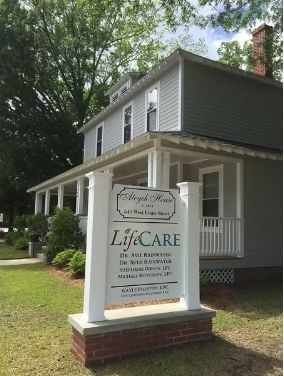
Clinical Psychology / Neuropsychology
LIFECARE PSYCHOLOGY GROUP, LLC

SHORT-TERM MEMORY lapses are obvious signs of Alzheimer’s, but other tell-tale signals begin to show much earlier. Learn how to look for semantic impairments, such as simple questions about size.

Three important dementia studies focus on HS-AGING, a type of dementia almost as common as Alzheimer’s in the 85+ group. Yet few people have heard of it. Why? What makes it different?

An intriguing study of 120 grandmothers might surprise you. Doctors know socially engaged people have better cognition and less dementia. But can a person get too much of a good thing? What’s the right balance?

Enjoy this great duet between a musician with dementia and his son. A triumph of spirit over Alzheimer’s! Sing-a-long if you like!
No spam, only news and updates.


